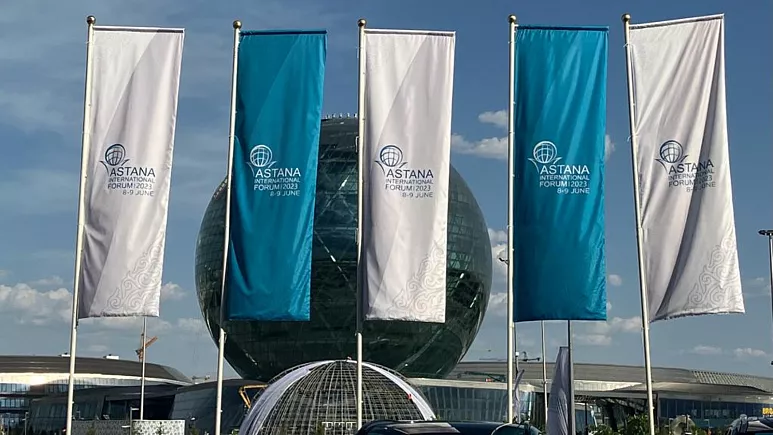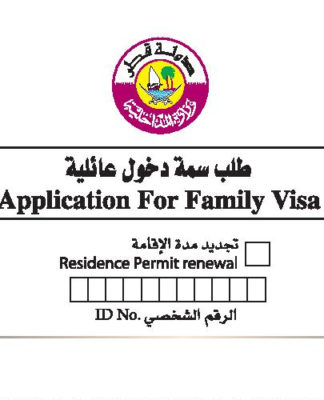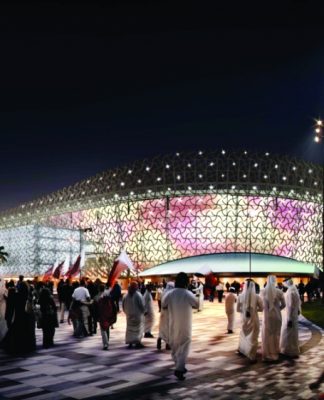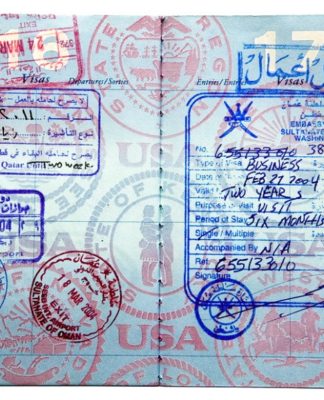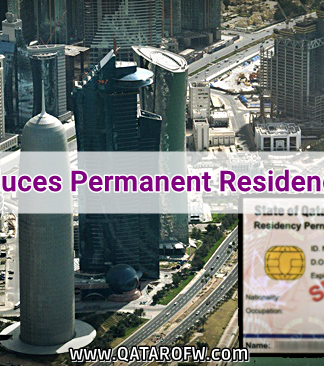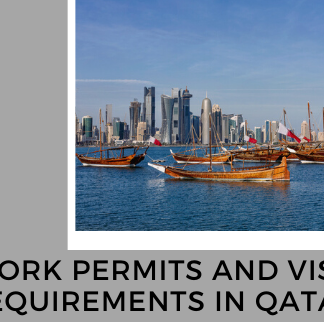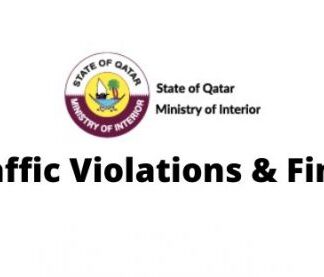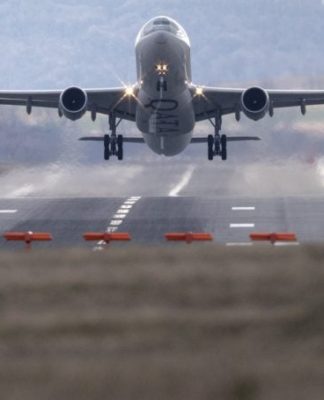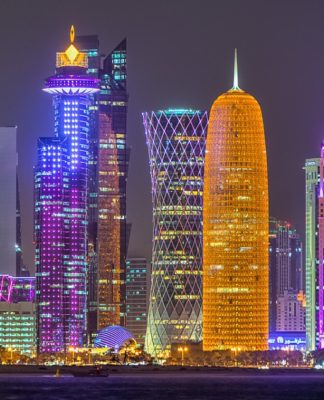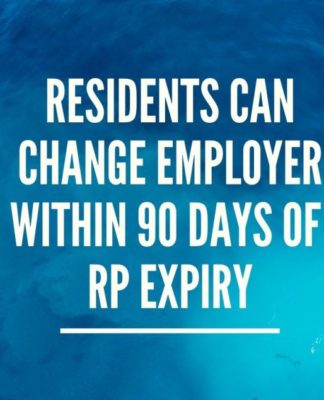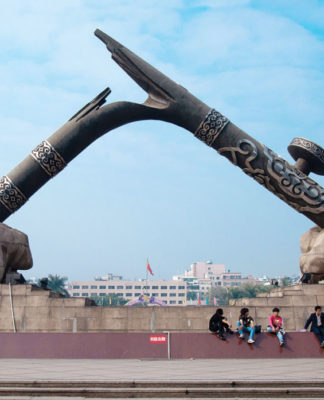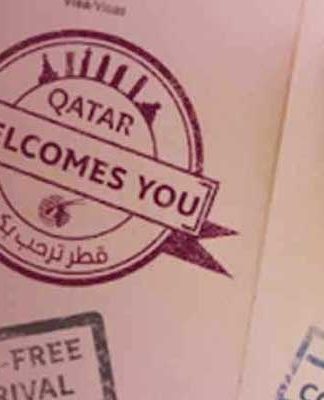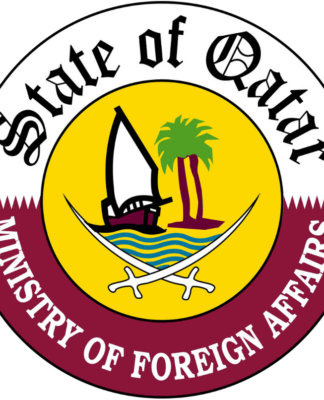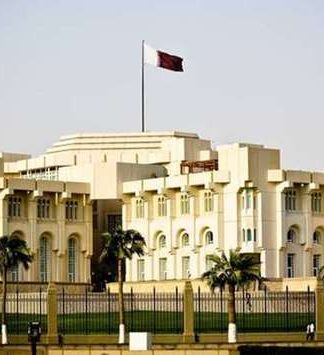Astana International Forum: Rethinking global cooperation
In partnership with
Astana International Forum
FILE: Picture of flags outside event venue
By Galina Polonskaya • Updated: 06/07/2023
This new platform of international dialogue gathered more than 4,000 delegates and guests, including the Emir of Qatar, the President of Kyrgyzstan
Climate change, food and energy security, as well as other key global challenges, were discussed at the Astana International Forum in Kazakhstan on June 8 and 9.
This new platform of international dialogue gathered more than 4,000 delegates and guests, including the Emir of Qatar, the President of Kyrgyzstan, the Chairwoman of the Presidency of Bosnia and Herzegovina, and the Prime Minister of Uzbekistan.
Kazakh President Kassym-Jomart Tokayev in his keynote address said that “for the global international system to survive, it must work for everyone, promoting peace and prosperity for the many rather than for the few.”
He stressed that “the UN remains the only universal global organization that unites all,” but added that “it will not succeed in tackling challenges in the absence of a comprehensive reform of the Security Council. The voices of mid-tier powers in the Council need to be amplified and clearly heard,’’ urged president Tokayev.
Under the theme “Tackling Challenges through Dialogue: Towards Cooperation, Prosperity and Progress,” the conference was divided into four main topics – foreign policy, security and sustainability, energy and climate, as well as economy and finance.
The deputy foreign minister Roman Vassilenko told Euronews that the goal of the Forum was to search for multilateral solutions.
“This Forum seeks to reestablish dialogue, to establish a platform that can be used by all countries to move the world away from the brink of larger and more catastrophic conflicts that we now see. We support multilateralism and multilateral constructive solutions to the challenges that the entire world faces,” said Mr. Vassilenko.
The question of energy security was widely discussed at the Forum.
Chairman and CEO of TotalEnergies Patrick Pouyanne told Euronews that diversification was one of the most important instruments.
“Diversification is fundamental. Europe, Japan, Korea, China – all energy importing countries must think of diversification of energy not only through different places of origin, but through oil, gas, and renewables. The lesson is not to be dependent on one country because that unfortunately can be used as a weapon. For Europe, the green deal is the answer, we need to develop all the energy we have locally – offshore wind, solar, wind, and biogas. Second, for the remainder of our energy needs we need to look around ourselves and to diversify, striving toward sustainability. We also need to be more independent.”
During the energy security panel session, Minister of Energy of the United Arab Emirates Suhail Mohamed Al Mazrouei, stressed that energy security is a global issue.
“It’s affecting all of us. We can’t deal with it country by country, or even regionally. We have to deal with it on the level of the entire planet,” said Mohamed Al Mazrouei.
“For us, the question of rethinking energy security is not only about the construction of new power plants or additional investment into exploration, but also the question of diversification,” said Kazakh Minister of Energy Almassadam Satkaliyev.
The deputy foreign minister of Kazakhstan Roman Vassilnenko told Euronews that 3 million tons of green hydrogen are expected to be produced in Kazakhstan annually by 2030 and that it could become one of Kazakhstan’s major exports to the EU.
“Kazakhstan and the EU have developed a very robust strong relationship that covers 29 areas of cooperation; as defined in the enhanced partnership and cooperation agreement that is a very big agreement. And we are now on the verge of upgrading these relationships to a new level. We are branching out into new industries – green hydrogen and rare earth metals; these 2 areas will certainly be buzzwords of the next decade,” said Vassilenko.
EU industries are in need of 30 rare earth materials, such as beryllium, tantalum, and niobium, of which Kazakh companies currently produce 16 of these, with the potential of soon producing all of them.
Agricultural production
Agricultural production is another area where Kazakhstan and the EU can increase cooperation.
“We have limited opportunities to increase agricultural production in Europe, because our agriculture should not be intensive too much, but in Kazakhstan there is a huge potential to increase production without a negative environmental impact. It should be an area of cooperation. We agreed to organize a promotion mission from the EU to Kazakhstan, and a business mission organized by the European Commission, to discuss how to cooperate and to use the potential of Kazakh agriculture to ensure food security at the global level,” the EU Commissioner for Agriculture Janusz Wojciechowski told Euronews.
The Middle Corridor, which is the trans-Caspian transport route that starts from Southeast Asia and China and runs through Kazakhstan to European countries, was one of the topics of discussions. The Middle Corridor connects Asia and Europe and strengthens the connectivity of the Eurasian continent.
“From China’s perspective, the Middle Corridor is increasingly important. More than 90% of China’s trade within the BRI passes through Kazakhstan,” said Dr. Yang Zhao, Managing Director of China International Capital Corporation Global Institute.
Also known as the Trans-Caspian International Transport Route, the Middle Corridor links the containerized rail freight transport networks of China and the EU, passing through Central Asia, the Caucasus, Türkiye and Eastern Europe. Zsuzsanna Hargitai, Managing Director for Central Asia at the European Bank for Reconstruction and Development (EBRD) spoke about an increase in the efficiency of the existing network.
“It is high time to establish a platform for coordination and action. Governments, stakeholders, operators, and the private sector shall move to action. We would like to support and potentially lead this,” said Zsuzsanna Hargitai.
The world faces conflicts, soaring enerбgy prices, critical supply chain issues, and a climate emergency. There is a growing need for an open global dialogue and this dialogue should continue. This was one of the main messages of the Astana International Forum in Kazakhstan.
SHARE THIS ARTICLE
facebook
twitter
flipboard
mail icon
Central asia
Kazakhstan
Nur-sultan, kazakhstan














